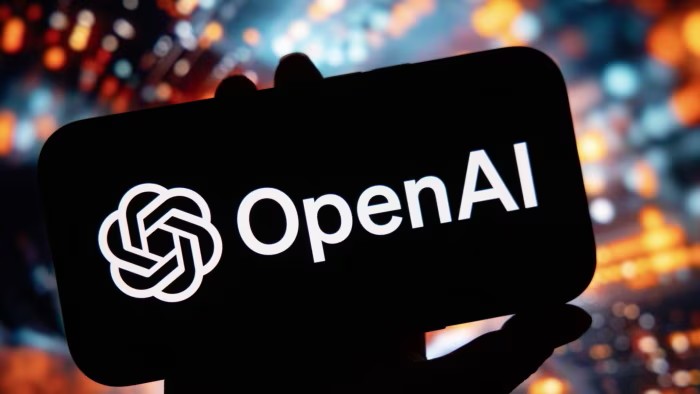On April 24, 2025, Ziff Davis, a major digital media publisher, filed a lawsuit against OpenAI, claiming that the company used its copyrighted content without permission to train its artificial intelligence models, including the popular ChatGPT. The lawsuit, filed in Delaware federal court, accuses OpenAI of using articles from Ziff Davis’s websites, such as ZDNet, PCMag, CNET, IGN, and Lifehacker, without licensing or compensation.
Ziff Davis argues that OpenAI’s actions are a clear violation of its intellectual property rights. The publisher believes OpenAI used its content to improve its AI systems without authorization, adding to the growing concerns in the industry about the use of copyrighted materials by tech companies to develop generative AI models. This case is part of a wider trend of legal challenges from content creators, including publishers, authors, and artists, who argue that their works are being exploited by AI companies without compensation.
In response, OpenAI defends its actions, claiming that it uses publicly available data to train its models, which it believes falls under fair use rules. The company argues that it should not be held liable for using data that is accessible to the public.
This lawsuit raises important questions about the future of copyright law in an age where AI technology is rapidly evolving. Ziff Davis is seeking damages and an order to stop OpenAI from using its content in the future. The case highlights the growing tension between tech companies and content creators, as both sides clash over the use of copyrighted material in AI development.
The outcome of this case could have significant implications for how AI companies handle intellectual property and how copyright law is applied to new technologies. As the legal process moves forward, this case may help set new standards for how content creators and tech companies navigate copyright issues in the digital age.


